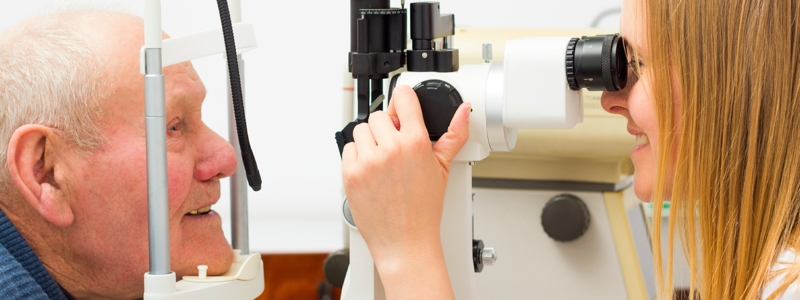
A macular pucker, also known as an epiretinal membrane, is a thin layer of scar tissue that forms over the macula, the sensitive part of the retina that is located at the back of the eye. The macula is the area of the retina that provides clear, sharp central vision.
Causes Of A Macular Pucker
Macular puckers often develop on their own as a part of the natural aging process. Particles that have drifted into the vitreous (the gel that fills the eye) settle onto the macula and begin to obscure vision. Membranes may also result from eye conditions or diseases such as diabetic retinopathy, retinal detachment, inflammation, injury or vascular conditions. These are called secondary epiretinal membranes, whereas spontaneously formed membranes are called idiopathic.
Symptoms Of A Macular Pucker
Many macular puckers do not disrupt vision. Thicker puckers can create wrinkles or puckers in the macula resulting in some of the following symptoms:
- Blurry or distorted vision
- Straight lines appear as wavy lines
- Difficulty with fine detail or print
A macular pucker typically affects one eye. Vision loss varies based on the thickness of the pucker. Peripheral vision is not affected and there is no risk of blindness.
Diagnosis Of A Macular Pucker
After a thorough examination of the eye, the physician will perform a series of diagnostic tests. These tests may include:
- Dilated eye examination
- Fluorescein angiography
- Optical coherence tomography (OCT)
Treatment Of A Macular Pucker
While some macular puckers heal on their own, surgery is recommended for those that do not. Vitrectomy is performed as an outpatient procedure with local anesthesia. During the procedure, the vitreous gel is removed and replaced with a saline solution that will fill the eye and lift the pucker away from the macula. There is no non-surgical alternative to treat a macular pucker.
